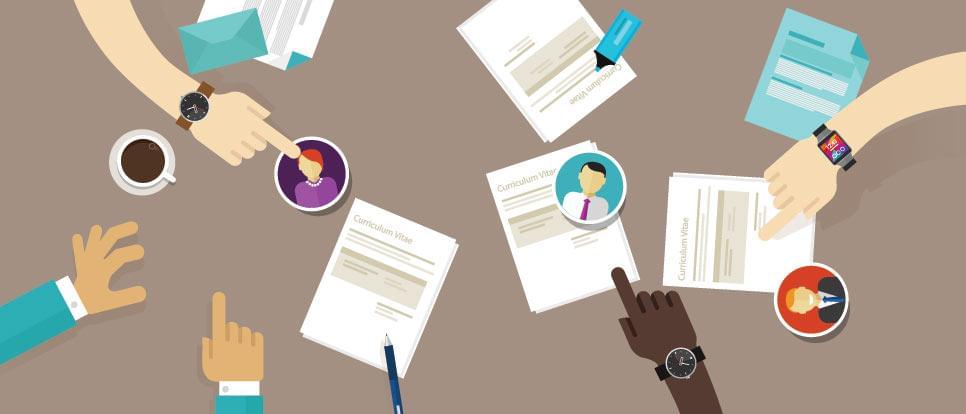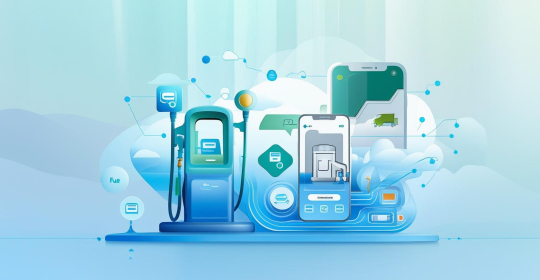Often seen just for personal development, one powerful tool that HR professionals can leverage is the Myers-Briggs Type Indicator (MBTI). By understanding and applying the insights provided by MBTI, HR departments can make more informed decisions, build stronger teams, and foster a positive work environment. In this article, we will explore how HR can make the most of Myers-Briggs by incorporating personality frameworks for effective hiring and recruitment, while examining all 16 Myers-Briggs types.
Identifying Job Roles and Myers-Briggs Types
To maximize the potential of MBTI in HR, it is essential to align job roles with the corresponding personality types. Each of the 16 Myers-Briggs types offers unique strengths and preferences that can be matched to specific positions. For instance:
- ISTJ: These individuals excel in roles that require attention to detail and adherence to procedures, making them ideal for quality control or administrative positions.
- ESTJ: Known for their practicality and strong organizational skills, ESTJs thrive in managerial or supervisory roles that require structure and efficiency.
- ISFJ: With their nurturing and reliable nature, ISFJs are well-suited for roles that involve caregiving or administrative tasks.
- ESFP: With their energetic and spontaneous nature, ESFPs excel in roles that involve customer service or entertainment, such as sales or hospitality.
By understanding the traits associated with each Myers-Briggs type, HR professionals can create job descriptions that attract candidates with the right fit.
Enhancing the Hiring Process with MBTI
Integrating Myers-Briggs into the hiring process provides a valuable additional tool for evaluating candidates' personality traits, communication styles, and work preferences. By incorporating MBTI assessments, HR departments can make more informed decisions when selecting suitable candidates for various roles. Examples include:
- INTJ: Individuals with this personality type often possess strong problem-solving skills and strategic thinking, making them well-suited for leadership positions or analytical roles.
- ENTP: Known for their innovative and intellectually curious nature, ENTPs thrive in roles that require creativity and adaptability.
- INFJ: With their insightful and strong empathy, INFJs excel in roles that involve counseling or human resources management.
- ESFJ: These individuals are known for their warmth and desire to create harmony, making them a good fit for customer service or team coordination roles.
Building Balanced and Collaborative Teams
Effective teamwork is essential for organizational success. By considering all 16 Myers-Briggs types when forming teams, HR professionals can create a balanced and harmonious work environment. Diverse personality types contribute different strengths to enhance creativity, problem-solving, and productivity. Examples include:
- ENTJ: These individuals bring a strategic and decisive approach to team dynamics, making them effective leaders or project managers.
- ISFP: With their artistic and sensitive nature, ISFPs contribute a unique perspective to team collaboration, especially in design or creative roles.
- ENFJ: Known for their natural leadership abilities and focus on people, ENFJs thrive in roles that involve coaching, mentoring, or team building.
- ESTP: These individuals thrive in fast-paced and dynamic environments, making them well-suited for roles in sales, marketing, or event planning.
Tailoring Training and Development Programs
Once employees are hired, HR can utilize the insights from Myers-Briggs to design personalized training and development programs. By understanding individual preferences, HR professionals can identify areas for growth and create targeted learning opportunities. Examples include:
- ISTP: Known for their hands-on approach and technical skills, ISTPs benefit from practical training and opportunities to apply their knowledge.
- ENFP: With their outgoing and charismatic nature, ENFPs flourish in roles that involve public speaking, sales, or marketing.
- INFJ: With their strong intuition and desire to make a positive impact, INFJs thrive in roles that involve social justice, advocacy, or counseling.
- ESFP: These individuals enjoy a vibrant and experiential learning environment, making them receptive to training programs that involve active participation or role-playing.
Promoting Self-Awareness and Communication
MBTI facilitates self-awareness and improves communication within the workplace. HR can organize workshops or training sessions to help employees understand their own personality types and appreciate the differences among their colleagues. This knowledge leads to better understanding, empathy, and effective collaboration. Examples include:
- ENTJ: These individuals prefer concise and direct communication. By recognizing this, colleagues can adapt their communication style to be more efficient and results-oriented.
- ISFP: With their reflective nature, ISFPs may prefer one-on-one communication and appreciate an empathetic and supportive approach.
- ESFJ: Known for their warmth and desire to create harmony, ESFJs excel in roles that involve customer service or team coordination, requiring strong interpersonal skills.
- ENFP: These individuals thrive in an open and collaborative communication environment, where ideas can be freely shared and explored.
By incorporating Myers-Briggs in HR practices, organizations can unlock the potential of personality frameworks for effective hiring and recruitment. Understanding all 16 Myers-Briggs types allows HR professionals to match individuals with suitable roles, build balanced teams, tailor development programs, and foster a positive work environment. By leveraging the valuable insights provided by MBTI, HR can create a thriving workforce that maximizes individual strengths and promotes overall organizational success.





